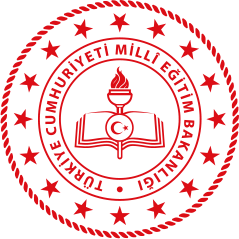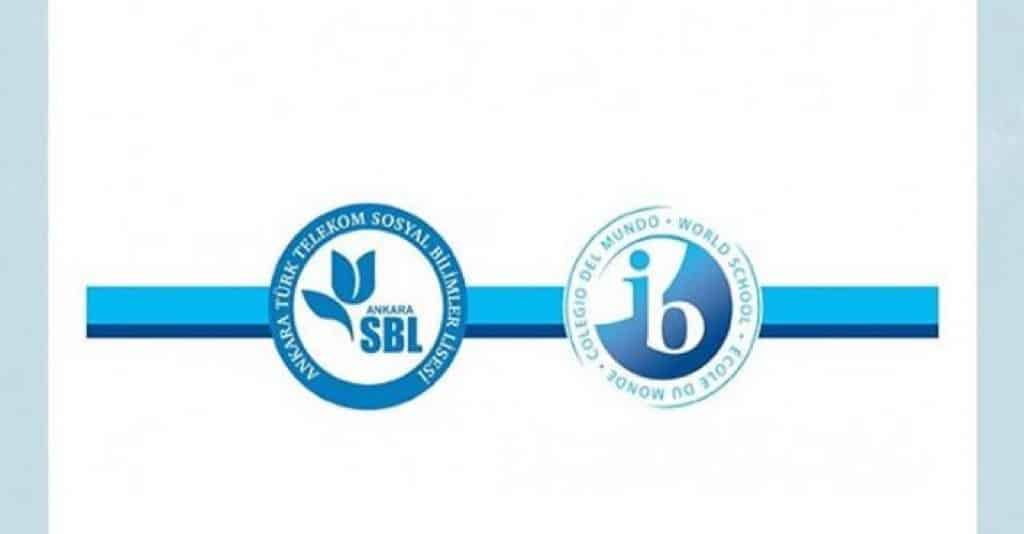SPECIAL EDUCATIONAL NEEDS POLICY
ANKARA TURK TELEKOM SOCIAL SCIENCES HIGH SCHOOL
SPECIAL EDUCATION NEEDS POLICY
PURPOSE
This SEN policy is a guideline for our actions towards
• Providing our IB DP program with a broad access.
• Aiming at meeting the various educational demands of each student.
• Explaining the duties and giving responsibilities to each party.
• Explaining the adjustments and organizations required to improve all of the students.
• Spending our resources effectually and competently.
• Developing well-qualified improvement facilities for teachers to meet the SEN policy terms.
•Supervising the activities acted by our stuff and transforming it when necessary.
INTRODUCTION
ASBL encourages the IB philosophy of making IB programme reachable to a big amount of the students. We effort to decrease obstacles for accessing IB Diploma programme as going for ensuring that all students preferring us will be successful in the programme.
We describe our students as capable learners, who have the skills to continue learning throughout their all lives. To meet the educational demands of students with broad educational backgrounds, our teachers prefer to use a range of different teaching and learning strategies by considering all students' learning styles.
Turkish Ministry of Education consists of the ASBL as a part. For this reason, ASBL need to fulfill all rules about SEN Policy published by Ministry of Education. According to this policy, it is stated:
· All of the students who have specific educational aims will be able to take advantage of the school services in consonance with their abilities, skills, needs and capabilities.
· It gives precedence to individuals with specific educational aims to take training with other learners. It needs to take consideration into educational achievement and goal of these learners.
· It is important to make sure the real attendance of parents to all aspects of specific educational procedure. (Appendix 1: Turkish Ministry of Education official SEN Policy accepted on 1997)
The International Baccalaureate Organization describes a particular demand as "any permanent or temporary defined demand that may put a candidate at a deficit and keep him or her from being able to exhibit abilities and knowledge sufficiently.
IB SPECIAL EDUCATION NEEDS POLICY
Some of these disadvantages can be:
· Mental impairments
· Emotional impairments
· Learning deficiency
· Physical disabilities and or other health impairments
· Speech impairments and or communication disorders
· Sensory impairments – vision, hearing
· Multiple disabilities
· Talented
RECOGNITION
We inspire students who need special education to attend the IB program. Also, our admission policy is the criteria for being accepted to the program. It is guaranteed by the school that guidelines in the Candidates with special assessment need document and the Handbook of Procedures (A9.1/2014) will be basis factor to determine these students' special needs for learning and assessment.
With the aim of defining the special need IB DP Coordinator address the students to school consultant in the event that a student who has special education needs applies and registers to the program. If he or she can, the school consultant determines the need. However, if the consultant can't determine the need, he/she send the student to an organization under the administration of Turkish Ministry of Education which is called RAM (Consultancy of Special Needs). Thus, IB DPC cooperates with all IB teachers in order to provide the students to have full access to the curriculum. IB faculty provides that the students collaborate with other students and succeed the course content.
INSTRUCTION
ASBL faculty uses different ways of teaching techniques and includes all students to various learning environments providing them to meet the rigorous standards of the IB DP. These works are not limited to the determined special needs in the second page of this document. In order to maximize students' learning constructive and differentiated teaching strategies are used.
Students taking part in the IB DP are required to accomplish objectives of all courses they join which have already been determined. Because of the fact that these determined objectives can't be changed, we should be sure about that even SEN students with other students will be able to be successful in terms of fulfilling the determined objectives in each subject's guidebook. In case the student expose to the criteria in the IBO document which is called "Candidates with Special Needs.", we can make some special arrangements.
ACCOMODATIONS FOR ASSESSMENT
Our school follows Section 9: Special circumstances and arrangements of the Handbook of Procedures (2014), Candidates with special assessment needs(2011). A formal proposal for special arrangements must be delivered to the IBO at least one year prior to the student writing the exam. Supporting documentation, such as a medical certificate, must accompany the proposal.
This document drafts the characteristics of students requiring special assessment arrangements due to one or more of the following:
1. Specific learning characteristics, language and communication disorders
· Important issues in reading, writing, spelling or manipulating numbers associated with issues in processing symbolic language (for instance, problems interpreting music notation, dyslexia, dyscalculia).
· Speech and language issues characterized by communication problems such as aphasia, dysphasia, articulation problems.
2. Social, emotional and behavioral issues
· Consisting of: attention deficit disorder (ADD)/attention deficit hyperactivity disorder (ADHD); autistic spectrum disorders; withdrawn, depressive or suicidal attitudes; obsessive preoccupation with eating habits; school phobia; substance abuse; disruptive antisocial and uncooperative behavior; and anger, frustration and violence.
3. Physical and sensory conditions
· Physical disabilities contain a wide range of conditions not generally clear, but affect mobility.
· Sensory issues: hearing – lays claims to an extensive range of hearing loss from mild to heavy and can present communication deficits; visual – includes difficulties with either the structure of function of the eye, affecting vision.
4. Medical conditions
· The most common things: congenital heart disease, epilepsy, asthma, cystic fibrosis, hemophilia, sickle cell anemia, diabetes, renal failure, eczema, rheumatoid disorders, allergies, leukemia and other cancers.
· Mental health problems: A large number of conditions affecting a person's mind, ranging from psychotic conditions (for example, schizophrenia and manic depression), to eating disorders, anxieties and emotional distress resulted by circumstances in a candidate's life.
ASBL recognizes its responsibility to specify whether accommodations can be made for individual candidates and that all such accommodations must be appropriate with IB policy. We conclude that applications for special arrangements have specific requirements and may need proper supporting documentation. We will guarantee that all special arrangements reach an agreement Section 9 Special circumstances and arrangements of the HoP( 2014) and Candidates with Special Assessment Needs (2011).
REFERENCES
1. IBO Candidates with Special Assessment Needs, 2011
2. Handbook of Procedures, 2014
3. Meeting Student Learning Diversity in the Classroom, 2013


